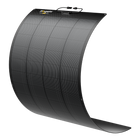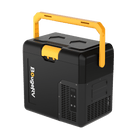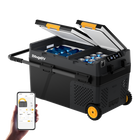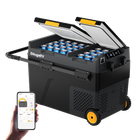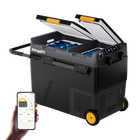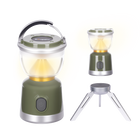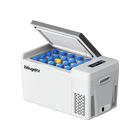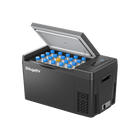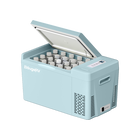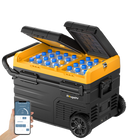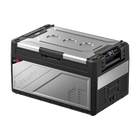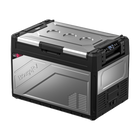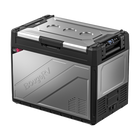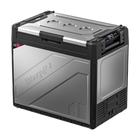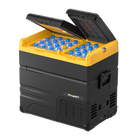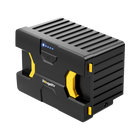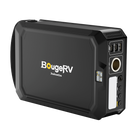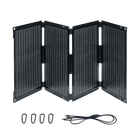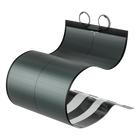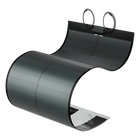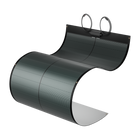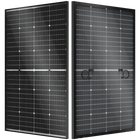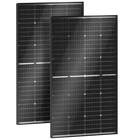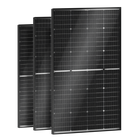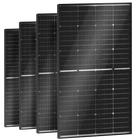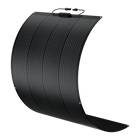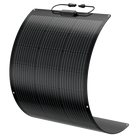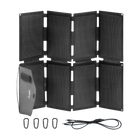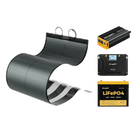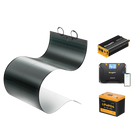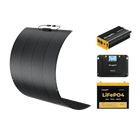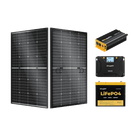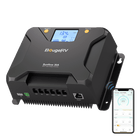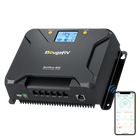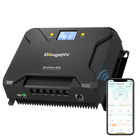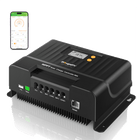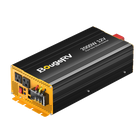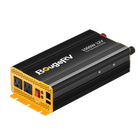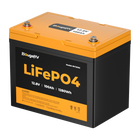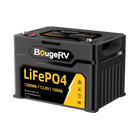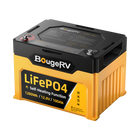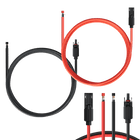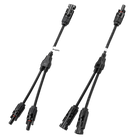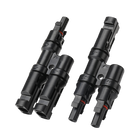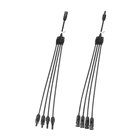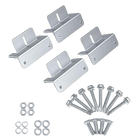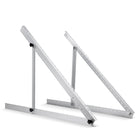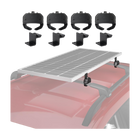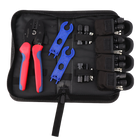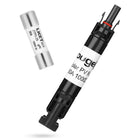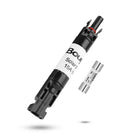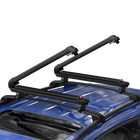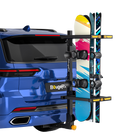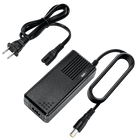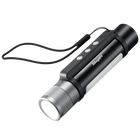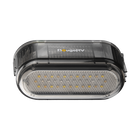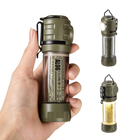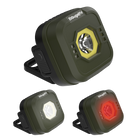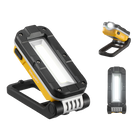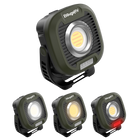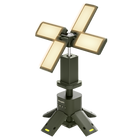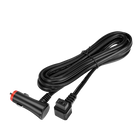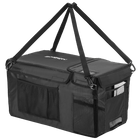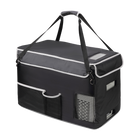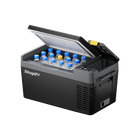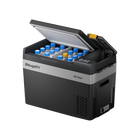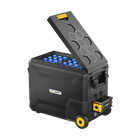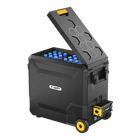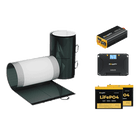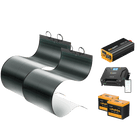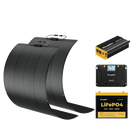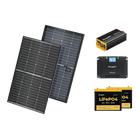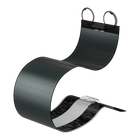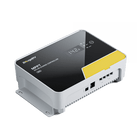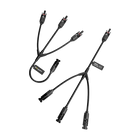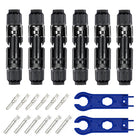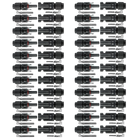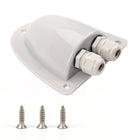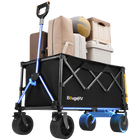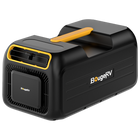How does a solar panel system work?

Solar is the most ubiquitous and prolific energy source on Earth. Even though only 47% on average reaches Earth's surface – it is still ten thousand times more than the world's current energy needs. Furthermore, while the entire planet receives sunlight throughout the year, the quantity of radiation varies significantly from place to place. The Sun's electromagnetic radiation can be harnessed and converted into usable energy through solar technology based on photovoltaic cells or mirrors that condense energy.
Solar panels are already commonplace, adorning buildings and roadside signs alike and even powering spaceships.
- But how do solar panels work?
- The working of a complete solar panel system
- The specifics of solar panels
- Final thoughts
But how do solar panels work?
The Sun, in its constitution, is like a nuclear power plant. It emits photons, small bundles of energy that traverse the 150 million kilometers between the Earth and the Sun in 8 minutes and 50 seconds. Approximately one year's worth of estimated global energy demands can be met by the photons that strike Earth every hour.
Solar panels absorb these photons and convert them into electricity. Currently, solar electricity makes up less than 0.5 percent of total energy consumption in the US. However, the potential to capture the Sun's abundant energy increases as solar technology improves and costs decrease.
The working of a complete solar panel system
- When sunlight hits a panel on the solar system, the solar cells absorb the photons and work to initiate an electric current. Photons striking the solar panels knock out the electrons from the orbit of their atoms.
- The solar panel cells have a conductor attached to their positive and negative sides, which forms an electric circuit. Electrons pass through the solar panel cells and convert themselves into direct current electricity. When multiple solar panels combine, they make a solar array. The larger the number of solar arrays, the more direct current electricity you can produce.
- However, you need to convert DC into an Alterative current for powering your household appliances. Therefore, the solar panels direct the dc electricity to an inverter which converts it into alternating current power. The inverter also provides stats about the solar system, such as electric voltage and current on both circuits, the energy produced, and protection from ground faults.
- Finally, the AC power runs through your home, ready to power appliances, charge devices, and more.

The specifics of solar panels
Solar panels are composed of many compact modules referred to as photovoltaic cells. These cells comprise two layers of semiconducting material, which convert sunlight into energy. Hence, solar panels consist of many interconnected cells. The most common semiconducting material used for solar cells is silicon.
For solar cells to produce energy, they need to create an electric field. A positive and negative layer makes up the panel's construction, and they work together to generate an electric field like those seen in batteries.
A few subsequent solar cell components convert these electrons into practical electricity. According to EERE, the electrons are gathered by conductive metal plates on cell surfaces and sent along wires. Once solar panels convert these electrons into electricity, they can be used just like any other power source.
Final thoughts
Solar energy research and development are expanding and improving rapidly. Solar cells have become lighter and more flexible every year thanks to years of research, and the tech has come a long way from the initial prototype. Solar cells are becoming increasingly versatile, finding applications in infrastructure, aerospace tech, and wearables.
When choosing a solar system for your home, RV, truck, etc. It's better to get from some reliable manufacturer. BougeRV provides you with professional solar units from solar panels, solar controllers, portable power stations, batteries, etc. And BougeRV also offers a 1-on-1 service to help you build a complete solar panel system.





